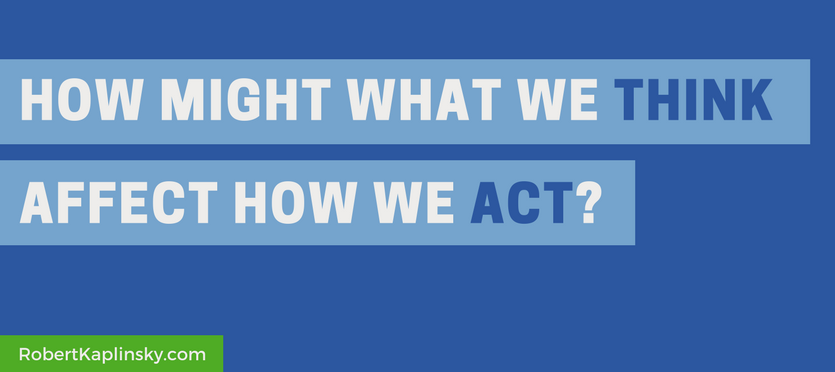I was recently re-reading one of my favorite books: Stephen Covey’s book, 7 Habits of Highly Effective People and one part struck me that I hadn’t thought much about before. He talks about two types of language: reactive and proactive.
He shares examples of reactive language such as:
“There’s nothing I can do.”
“That’s just the way I am.”
“He makes me so mad.”
“They won’t allow that.”
“I have to do that.”
“I can’t.”
“I must.”
“If only.”
And then contrasts that with corresponding examples of proactive language including:
“Let’s look at our alternatives.”
“I can choose a different approach.”
“I control my own feelings.”
“I can create an effective presentation.”
“I will choose an appropriate response.”
“I choose.”
“I prefer.”
“I will.”
Covey describes reactive language as “responsibility deflectors” that “give up control of the situation” while proactive language is “positive, results-oriented, and empowering.” I really love how he categorizes it, because I hadn’t thought much about how changing your inner monologue can also change the way you act.
Upon this re-reading of the book, it immediately made me think about what someone with a fixed mindset might say (reactive language) versus what someone with a growth mindset might say (proactive language).
I think we’ve all told ourselves reactive language. It’s understandable and human. We can be sure that our students are using it as well. Accordingly, I believe that it would be useful to show students that we have a choice in our responses to different situations along with a comparison of examples as to how it could be handled.
For example:
- “I can’t figure this out.” versus “What other ways can I approach this problem?”
- “My opinion doesn’t matter.” versus “How do I find a way to communicate what I’m thinking?”
What do you think? What other examples of reactive language are you hearing in schools and what proactive language would you suggest be used instead? Please let me know in the comments.


I don’t know… Vs I don’t know …yet.
Nice. “Yet” is powerful in this case.
As a math teacher, I can’t help but think of another version of the quote:
How might what we think about students (and their abilities)
Affect how we instruct students?
Perhaps the answer to this question will impact our ability or tendency to help students use proactive language?
Great point and nice connection Matt. Acknowledging our biases is a very important step towards addressing them.
THIS resonates with me on a personal as well well as professional level. Thanks, Robert, for putting things in perspective for me.
You’re welcome Lauri. These kinds of suggestions are way easier to implement in theory than in practice. I hope to get better at it over time.